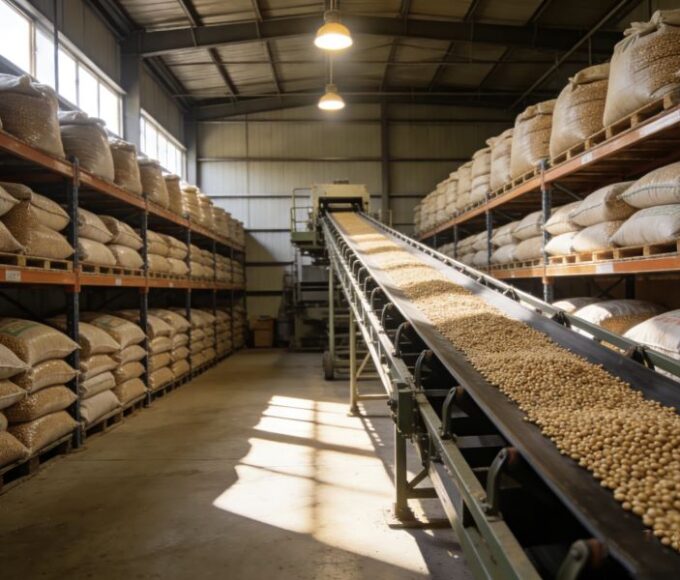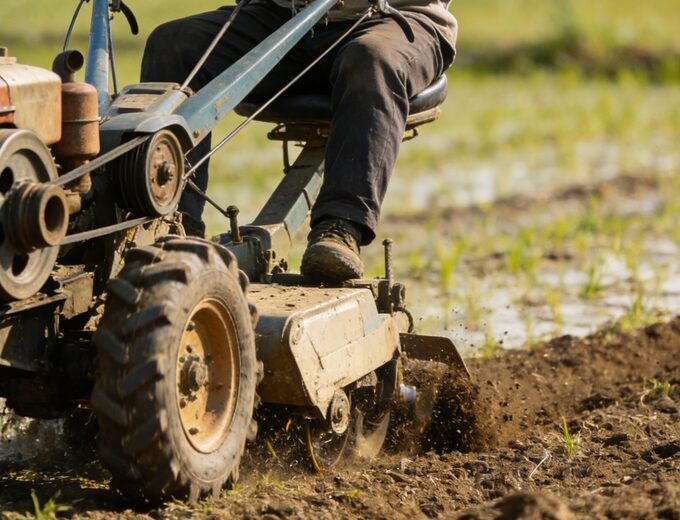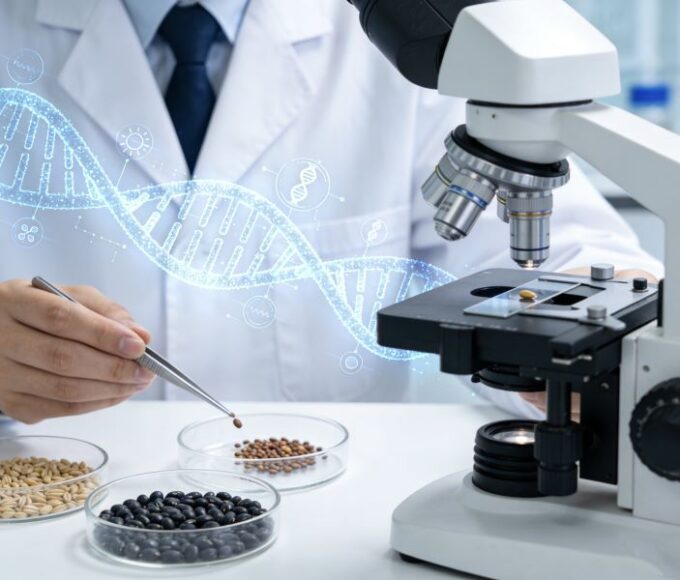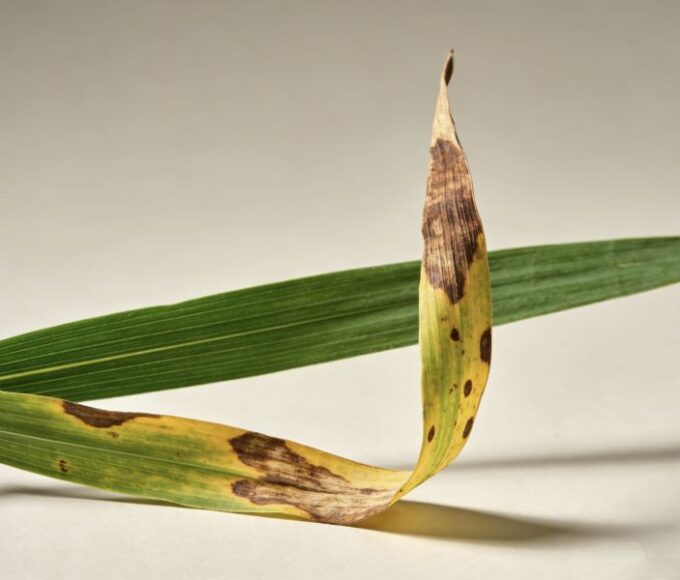The second edition of Fruit Attraction São Paulo, held from March 25 to 27 at the São Paulo Exhibition Center, will serve as a meeting point and business platform for the fruit and vegetable industry. Brazil is the world’s third-largest producer of fruit, but only ranks 23rd in exports. Fruit Attraction São Paulo will play a key role in promoting and internationalizing agriculture.
“Brazil is one of the world’s largest producers, thanks to its great climate and geographical diversity. However, certain challenges, such as the need to improve logistics infrastructure, expand into new markets, and invest in more innovative and sustainable technologies, still limit its growth in international markets. Fruit Attraction São Paulo plays a vital role in this context, providing a strategic platform to promote the internationalization of the sector,” said Jaime Martín, International Expansion Director of Ifema Madrid, which organizes the show together with Fiera Milano Brazil.
Fruit Attraction São Paulo to Grow
In 2024, the show brings together 300 exhibitors from 15 countries, attract more than 12,000 visitors and generates more than $200 million in revenue for the sector. This year, Fruit Attraction São Paulo takes another step towards consolidating its position as the leading show for the fruit industry in South America. Fruit Attraction São Paulo 2025 aims to increase business opportunities by 15%. To this end, the show has confirmed the participation of 45 international buyers from 21 countries, who will participate in meetings organized by the Brazilian Export and Investment Promotion Agency (Apex Brazil). Last year, these meetings resulted in exports worth $2.68 million.
The show’s growth is also reflected in the occupancy of the venue, which will double its area, and 400 national and international brands will showcase their fresh and processed products and services. “We expect to receive between 16,000 and 18,000 visitors.” Mauricio Macedo, CEO of Fiera Milano Brasil, said Fruit Attraction offers a great opportunity for small-scale producers to participate and see first-hand how an international fair works, thanks to the presence of the Ministries of Agriculture of each Brazilian state. In 2024, representatives of eight state governments attended the event.
Guilherme Coelho, President of the Brazilian Association of Producers and Exporters of Fruit and Fruit Products (Abrafrutas), said the show marks a turning point for the industry. Fruit Attraction São Paulo marks the beginning and the end of Brazil’s emergence as a key player in international trade. Having a fair of this magnitude in Brazil allows the country to promote exports, diversify markets, and increase the value of Brazilian agricultural products, highlighting their quality, sustainability and competitiveness.

Innovation and Opportunities in Brazil
Fruit Forum will also be another highlight of the show. As a space for the exchange of knowledge and ideas, it will bring together experts and industry leaders to discuss the main challenges and opportunities of the sector. Topics to be discussed include strategies to maintain product quality during transport and the keys to meeting import and customs requirements.
The event will feature a keynote address by Marcos Jank, Insper Agro Global Center Coordinator and expert in global agri-food systems, international trade, sustainability, business strategy and public policy. Considered a leading figure in the field, Mr. Jank stressed that logistics remains the biggest challenge facing the Brazilian fruit and vegetable industry. “This is a very serious problem that affects our ability to export. Brazil lags far behind other Latin American countries in fruit and vegetable exports, mainly due to severe logistical deficiencies,” he said.
The show will also focus on technology and how it can boost production and exports in the context of climate change, population growth and major shifts in consumer habits. Big data, smart tracking, automation and artificial intelligence trends are already transforming the industry, optimizing resources and increasing productivity while building a more sustainable food system for future generations.












